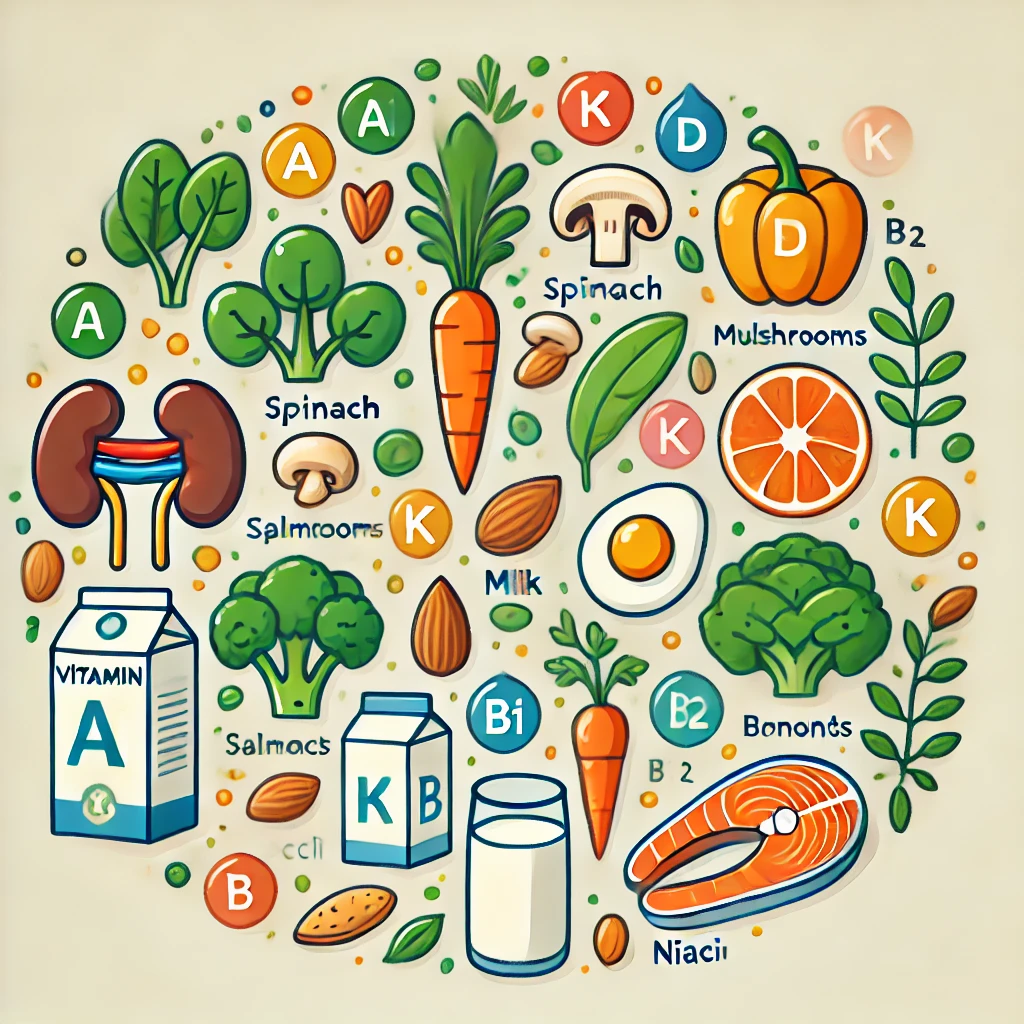Vitamin for Kidney Health: A Complete Guide
Maintaining kidney health is essential, and certain vitamin can play a vital role in supporting kidney function and overall well-being. Here is a detailed guide on the vitamins you need for kidney health, their roles,… Vitamin for Kidney Health: A Complete Guide
